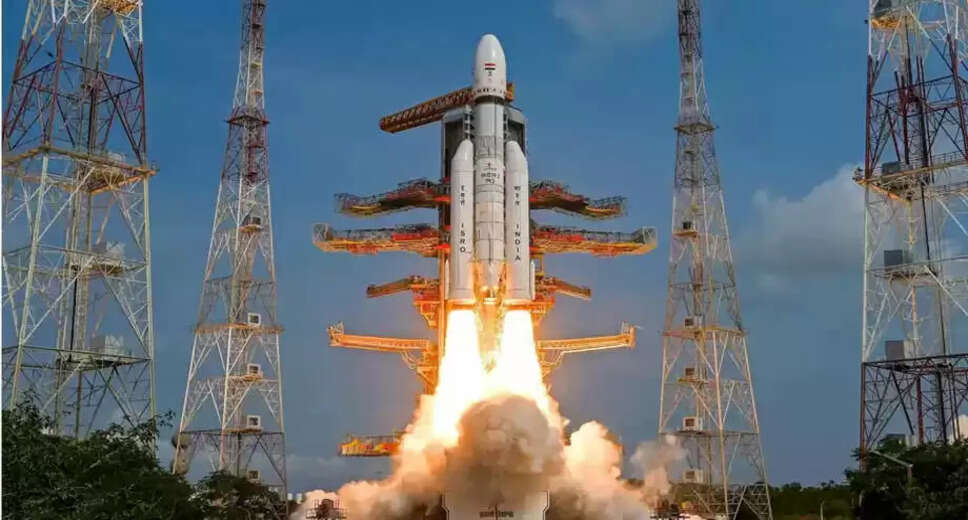Pathway to Becoming a Scientist at ISRO: Qualifications and Application Process

Becoming a Scientist: A Guide
Introduction: Many young individuals aspire to contribute to their nation in unique ways, and not everyone is inclined towards military service. A significant number are drawn to the field of science, particularly those interested in space exploration and research. If you dream of working with the Indian Space Research Organization (ISRO) but are unsure of the steps to take, this guide will provide you with essential information on the qualifications needed and the application process.
Overview of ISRO:
Founded on August 15, 1969, ISRO is based in Bengaluru, Karnataka, and is recognized for its pivotal role in India's space endeavors. Dr. Vikram A. Sarabhai is celebrated as the architect of the Indian space initiative. Beyond space exploration, ISRO plays a vital role in disaster management, weather forecasting, agricultural support, and communication services. The organization employs a diverse range of professionals, including scientists, engineers, technicians, and administrative staff, all of whom contribute to various projects from spacecraft design to data analysis.
Steps to Become a Scientist:
ISRO offers a variety of roles, such as senior technicians, astronomers, mission planners, data scientists, project managers, quality control experts, space scientists, and administrative personnel. To embark on a career as a scientist, early preparation is crucial, ideally starting in high school. A bachelor's degree is a prerequisite.
Many candidates successfully secure positions at ISRO after completing their engineering degrees. Aspiring space scientists should focus on fields such as aerospace engineering, mechanical engineering, electrical engineering, computer science, physics, and astronomy. Each year, ISRO conducts the ICRB exam, which tests candidates on mathematics, science, and engineering principles.
